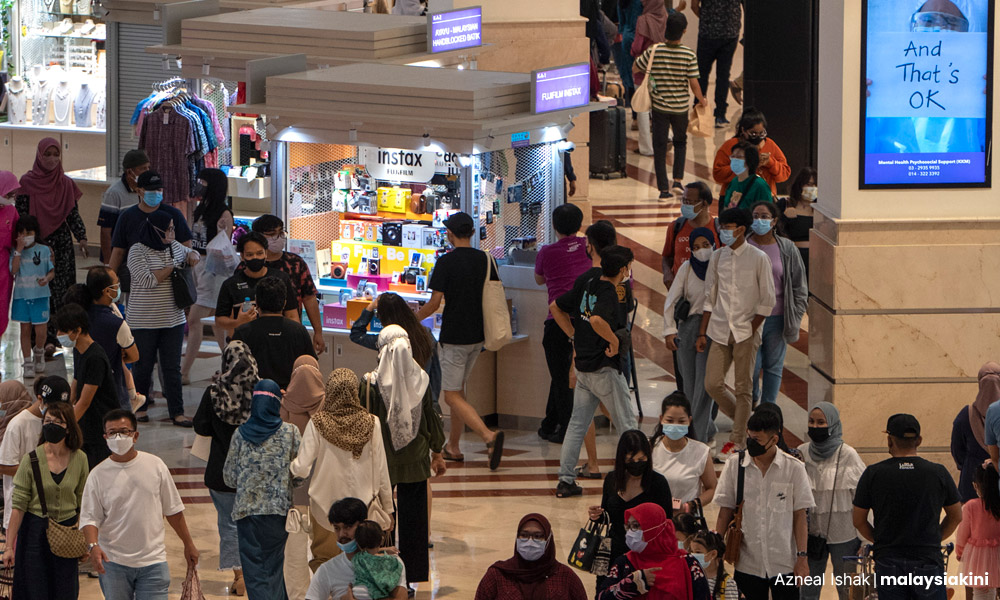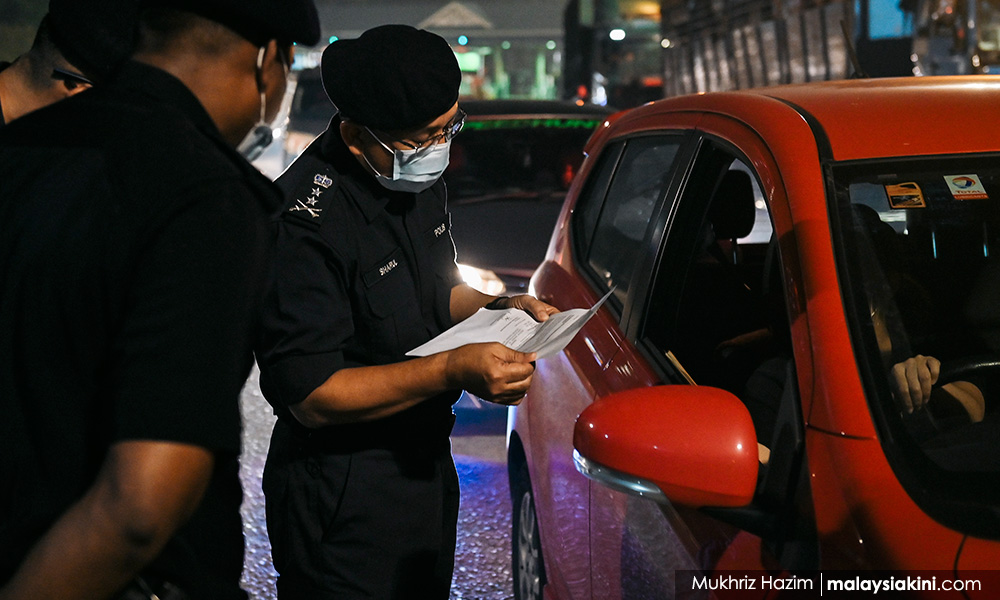With the Malakat Mall in Cyberjaya closing on July 31, several experts have weighed in on what might have caused the Muslim-friendly mall to fold.
According to Malaysia University of Science and Technology economics lecturer Barjoyai Bardai, seeking one’s own community’s support to succeed in a venture is not a good business model.
“It will never help a profit-driven organisation to succeed,” he told Malaysiakini.
While he acknowledged that the Malays tend to help their own when it comes to business, other factors such as market trends also play an important role in a venture’s success and failure.
“For example, people prefer to purchase goods using online platforms these days. This results in malls becoming something like a recreational spot for families and friends.
“Hence, we must have recreational aspects in malls like what IOI Mall and 1Utama offer,” Barjoyai said, adding he is unsure of Malakat Mall’s selling point for customers.

The academic added that location also plays an important role as people would usually flock to shops close to home to get essentials, with issues like supporting their own race taking a backseat.
Racism in business?
However, the Muslim Consumers’ Association Malaysia (PPIM) had a different take on the matter, claiming that people tend to support businesses run by their own race.
“The Indian Muslims and Chinese have a strong business network. They will prioritise purchasing goods from their own community even when others offer something of better quality.
“However, the Malays are ‘too liberal’ in their purchases… they don’t see racial background,” PPIM president Nadzim Johan claimed.
He then suggested that the Malays learn from other communities when it comes to developing their trade.

Nadzim also stressed the need to assist Malay-run businesses to reduce the income gap between races.
“The analogy goes like this. The Malays (elder brother) are struggling but the others (non-Malays) are wealthy.
“As such, the ones doing better must help the one struggling as we’re all in the same family,” he added.
Masterchef Malaysia’s ex-judge and restaurateur Zubir Hain said one should not be too simplistic when it comes to analysing a business’s success or failure.
“In business, you have good times and bad times. As a restaurateur, I’ve had my fair share of failures.
“The important thing is for the entrepreneur to plan a strategy to get back up,” he told Malaysiakini.
‘Not riding on race, religion’
When contacted, Malakat Mall’s founder Mohd Fadzil Hashim slammed those who accused him of riding on race and religion for profit.

He stressed that the mall was founded to assist bumiputera entrepreneurs struggling to make their mark in the retail industry.
“Our retail industry is worth RM120 billion but the contribution from the bumiputera community is only at eight percent.
“Among the reasons for this is due to high rental costs at shopping malls. Therefore, I have a responsibility to help them in terms of resources and funds,” he told Malaysiakini.
He also denied being the one who started the “Buy Muslim First” campaign, adding those who supported the campaign promoted Malakat Mall as its business model was in line with their call.
“We have never insulted other races. We were even open to Chinese companies providing funds to us at the time.”
On why the mall failed, Fadzil attributed it to the movement control orders imposed by the government at the peak of the Covid-19 pandemic.

“Despite funds being injected, we struggled to revive the business, resulting in the decision to close down.
“However, it’s not shuttered as what people think. It’s just that we are going online, apart from retaining Malakat Grocer’s operations.”
Fadzil announced the mall’s closure on July 19 after four years of operation.
According to The Malay Mail, Fadzil and his partners were reported to have invested RM40 million into redeveloping the mall.
Despite generating revenues of RM17 million to RM25 million in its first two years, the mall struggled to sustain itself. - Mkini

No comments:
Post a Comment
Note: Only a member of this blog may post a comment.